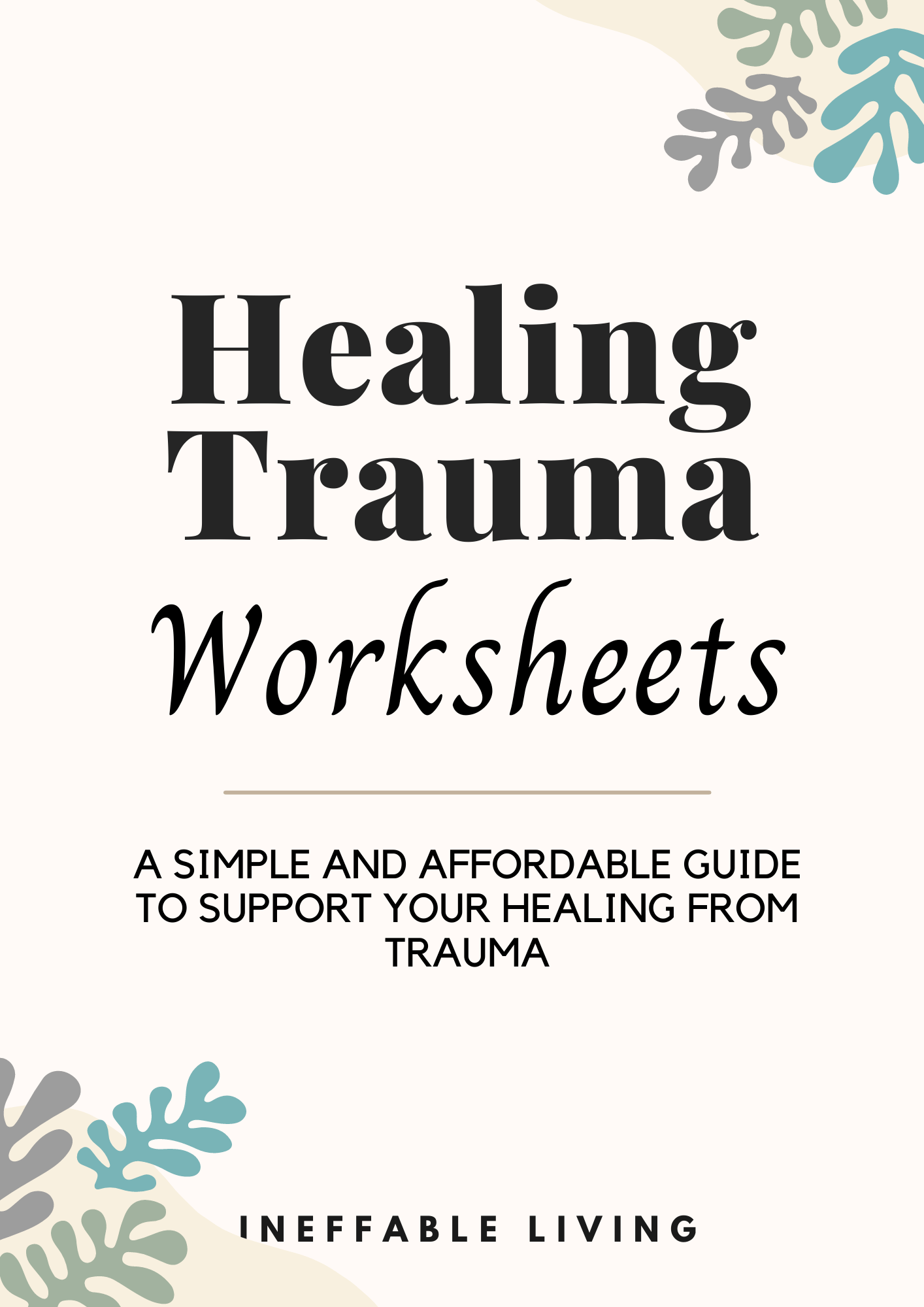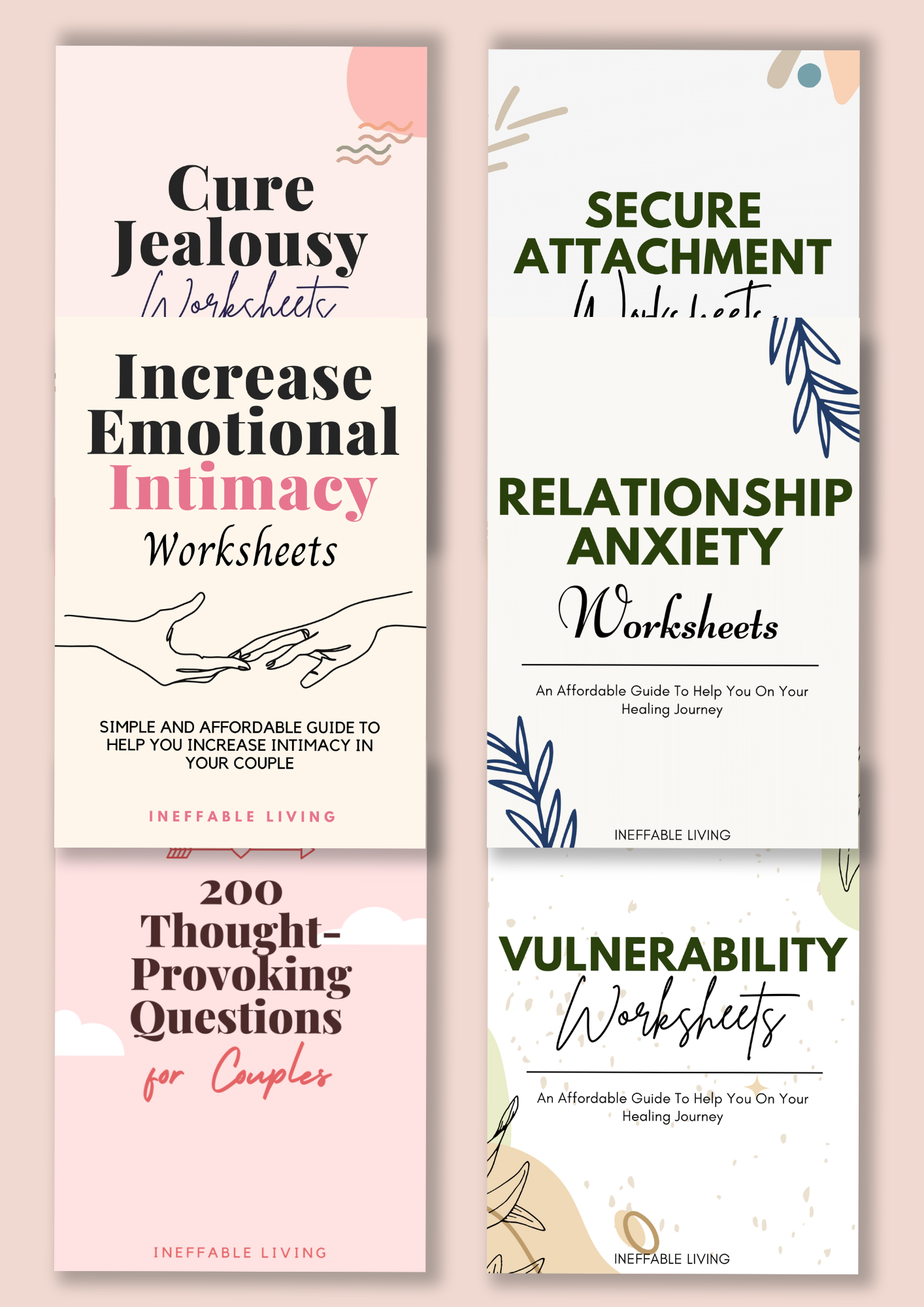1. Reflect on situations or aspects of your life where you have noticed patterns of denial. What emotions or thoughts tend to arise when you encounter these circumstances? How have these patterns impacted your mental and emotional well-being?
2. Identify any recurring themes or issues that you may have been avoiding or downplaying through denial. What are the underlying fears or discomforts that contribute to your tendency to deny these aspects of your reality?
3. Explore the potential origins of your relationship with denial. Have there been past experiences or influences that have shaped your inclination to avoid difficult truths or emotions? How have these early experiences impacted your current coping mechanisms?
4. Consider the potential consequences of continuing to engage in denial. How might this pattern affect your relationships, decision-making, and overall sense of fulfillment in life?
5. Write about the emotions and sensations that arise when you contemplate facing the truths that you have been denying. What fears or anxieties emerge, and how do they manifest in your body and mind?
6. Envision an alternative scenario in which you confront and acknowledge the truths that you have been denying. What feelings of relief, empowerment, or clarity might accompany this shift in perception? How might this impact your overall well-being and sense of authenticity?
7. Consider the role of self-compassion in addressing patterns of denial. How can you cultivate a gentle and understanding attitude toward yourself as you navigate through the discomfort of facing truths that you have been avoiding?
8. Imagine seeking support from a trusted friend, therapist, or mentor as you navigate through the process of acknowledging and addressing denial. What kind of guidance or encouragement might be helpful to you in this journey?
Denial Worksheets





